Since 1992, the Biology Scholars Program (BSP) - a “high-touch” undergraduate academic and student development program - has re-written the story of who can succeed in science at Berkeley and beyond. Having served over 3,800 undergraduates from high-potential majority low-income, first-to-college, and historically marginalized backgrounds, many of its members enter the University with SATs and high school GPAs significantly lower, on average, than Berkeley biology-majors-at-large.
Across all majors, underrepresented minority students (URMs) who participated in BSP had higher graduation rates than those not in BSP. For firstyear entrants, the average graduation rate for URMs in BSP is 92% compared to 83% URMs-at-large at UCB. For transfer students, the average graduation rate for underrepresented minority students in BSP is 94% compared to 89% at UCB.
Learn more about BSP program outcomes and the community below.
Student Demographics
Figure 1. A profile of BSP student members as compared to UCB undergraduates-at-large over the past 32 years
“Institutions like Berkeley best support students from backgrounds similar to those who've been historically successful,” says John Matsui, co-founder (along with Molecular and Cell Biology Professors Caroline Kane and Corey Goodman) and director of the Biology Scholars Program (BSP). Matsui created the program in 1992 to better serve “those students whom no one really expected to survive or succeed in science.”
The BSP challenges the traditional beliefs about who can or should do science. In the past 30 years, more than 3,800 undergraduates have completed the program; of these, 57% have been underrepresented ethnic minorities (African-American, Chicano / Latino, Pacific Islander, or Native American / Alaska Native), 73% women and non-binary individuals, 61% from low-income backgrounds, and 58% first-in-family to attend college.
Undergraduate Majors
Figure 2. Majors of BSP graduates
The majority (74%) of BSP members graduate with a Biology, Public Health, or other STEM degree. Non-STEM majors (26%) include, but are not limited to, Social Welfare, Ethnic Studies, and Political Science, with many intending to enter careers in education, technology, business, and policy. Other STEM majors (9%) include, but are not limited to, chemistry, environmental science, and psychology.
Across all majors, underrepresented minority students (URMs) who participated in BSP had higher graduation rates than those not in BSP. For first-year entrants, the average graduation rate for URMs in BSP is 92% compared to 83% URMs-at-large at UCB. For transfer students, the average graduation rate for underrepresented minority students in BSP is 94% compared to 89% at UCB.

BSP Services in Academic Year 2023-2024
Figure 3. BSP student services in the 2023-2024 academic year
500 Advising Appointments - 210 Students Served
261 Study Group Sessions - 76 Students Served
28 Workshops & Presentations - 133 Students Served
17 Student & Social Events - 197 Students Served
Research & Funding Opportunities (BICEP Shadowing, COMPASS Program, Conference Funding)
The BSP staff create multiple program touch-points (e.g., one-on-one meetings, group tutoring sessions, career workshops) for students to realize their academic and personal success. In advising sessions, students and staff co-create personally tailored academic plans that optimize chances for success. In peer-led tutoring sessions, students and tutors work together to master course material while improving study and test-taking skills. In professional development workshops, BSP members explore careers that will allow them to best express their passion for science while making a difference in the world. And, last but not least, in program-wide community socials, we honor and celebrate the success of one another (e.g., awards, graduation, acceptance to graduate programs).
But ‘the list’ of program components does not capture the ‘magic’ of BSP. That is, the magic that happens in informal settings where students closely engage with program staff and each other, such as in the BSP Center, where students study, share their challenges, celebrate their successes together, and are encouraged to bring their full identities. These relationships that grow within the BSP community are profound, affirming, and sustaining and collectively are what members warmly refer to as their ‘BSP Family.’
Alumni Post-Graduate Degrees Pursued
Figure 4. Graduate and professional programs pursued by BSP alumni
After completing their undergraduate degrees, BSP alumni continue to express their passion for science in a variety of ways. Over the lifetime of the program, 1557 BSP alumni have pursued post-graduate degrees, with 67% (1408) going on to professional school, and 33% (515) going on to graduate school. (Individuals may be included in both categories if they pursued multiple degrees.)
BSP graduates have predominantly pursued advanced degrees in the healthcare arena, with over 600 individuals pursuing medicine and over 475 individuals pursuing other healthcare related and public health degrees. Of the 515 who go on to graduate school, 187 have pursued PhDs. Others have pursued advanced degrees in fields such as science, education, social welfare, law, and engineering.
BSP alumni have gone to institutions such as UC San Francisco, Stanford, Johns Hopkins, UCLA, and Harvard after graduating from UC Berkeley.
Alumni Careers
Figure 5. Alumni career categories
Over the lifetime of the program, over 1500 BSP alumni reported having established their careers in five primary areas. Healthcare topped the list, followed by biotechnology and research, education, law and policy, and "other" such as but not limited to, social work, business, and engineering. BSP alumni work for organizations such as the National Institutes of Health, Lawrence Berkeley National Laboratory, Genentech, Pfizer, and La Clínica de La Raza.

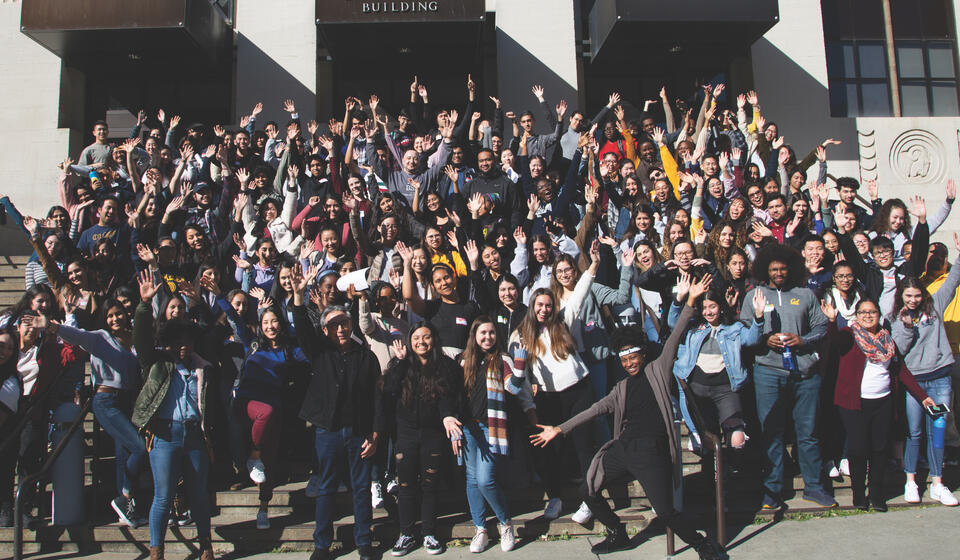
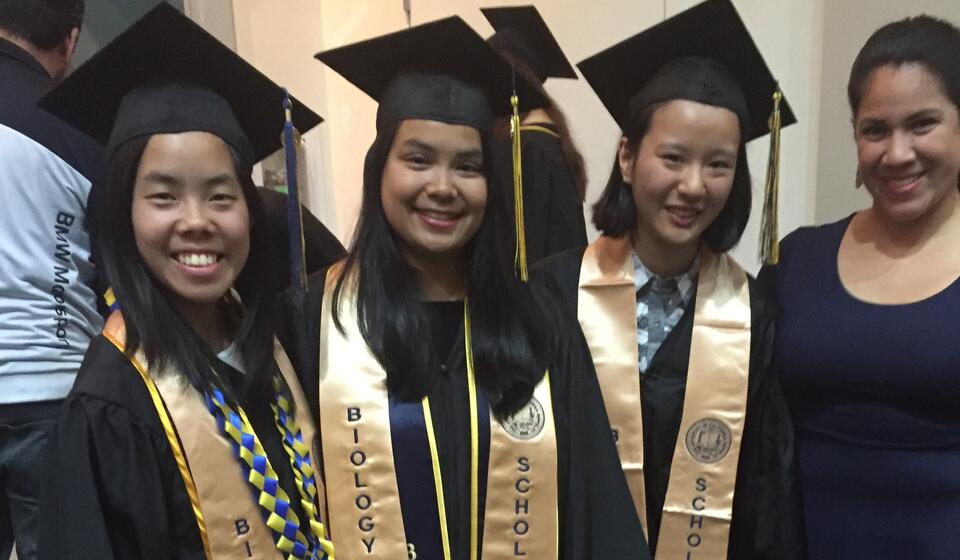
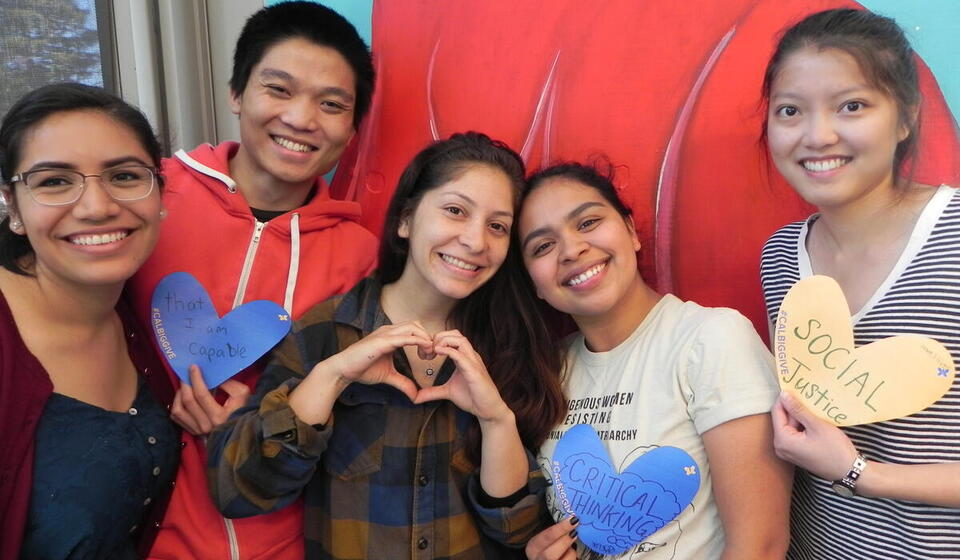
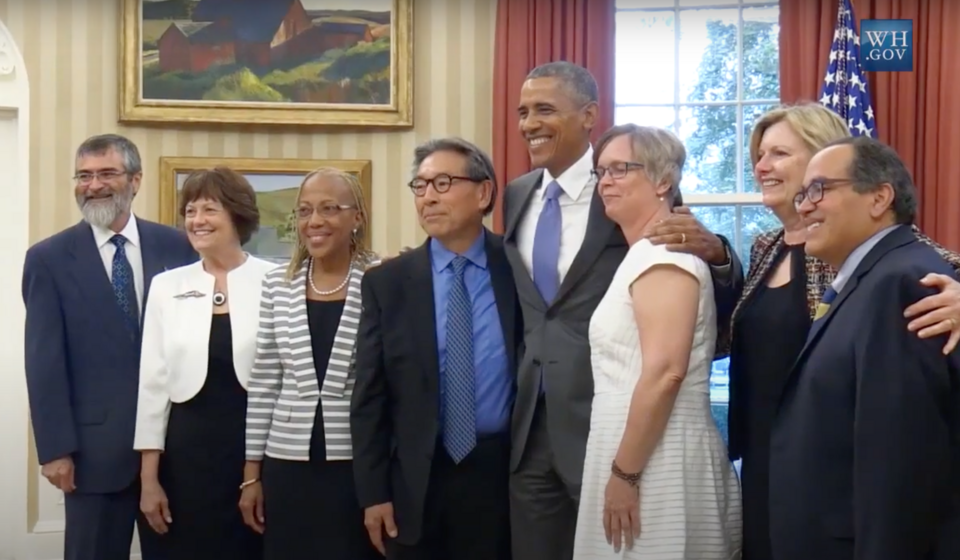
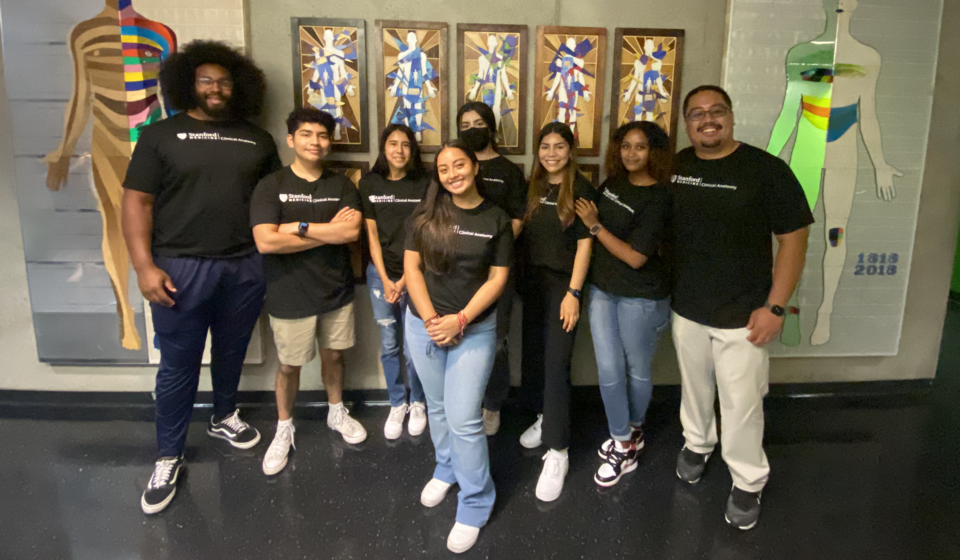
 "Universities like UC Berkeley are set up in a way that best supports students from backgrounds similar to those who've been historically successful. I was looking to fill the gaps, to create the support that was missing at Berkeley in order to better serve the students that no one really expected to survive or succeed in science. I saw a lot of talent being wasted, so, like Billy Beane of the Oakland Athletics, I went looking for that "undervalued talent" — students with the potential to be scholars."
"Universities like UC Berkeley are set up in a way that best supports students from backgrounds similar to those who've been historically successful. I was looking to fill the gaps, to create the support that was missing at Berkeley in order to better serve the students that no one really expected to survive or succeed in science. I saw a lot of talent being wasted, so, like Billy Beane of the Oakland Athletics, I went looking for that "undervalued talent" — students with the potential to be scholars."